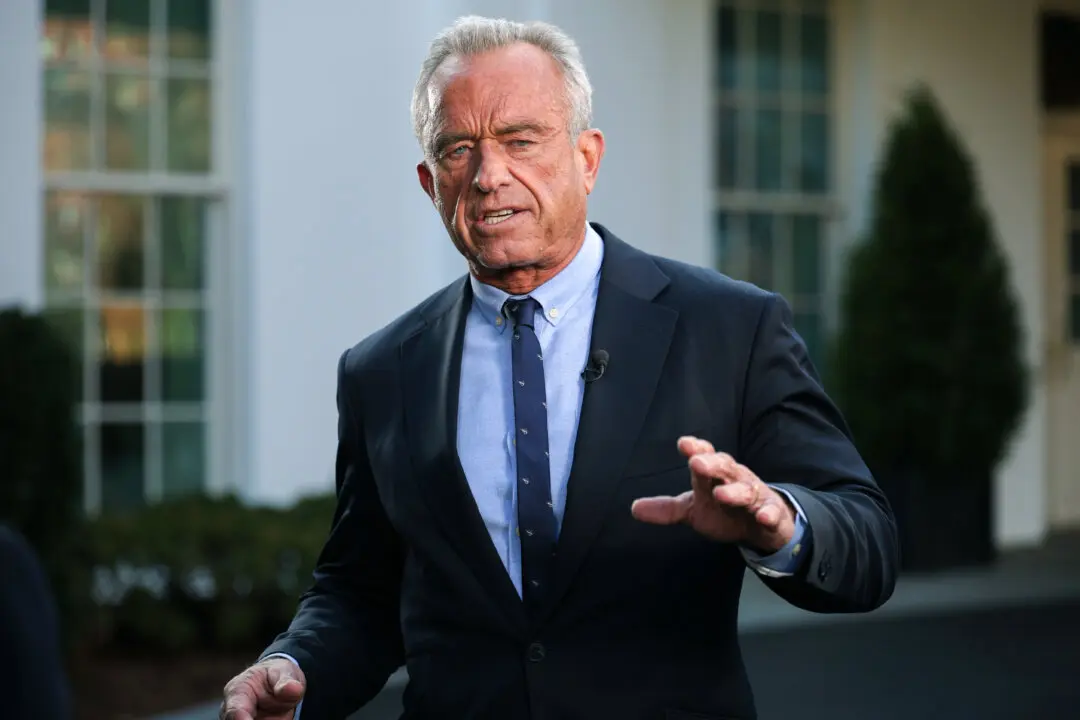Dr. Anthony Fauci leaving the government won’t shield him from a probe that Republicans in Congress plan to launch in early 2023, top lawmakers said on Aug. 22.
“Retirement can’t shield Dr. Fauci from congressional oversight,” Rep. James Comer (R-Ky.), the top Republican on the House Oversight Committee, said in a statement.





